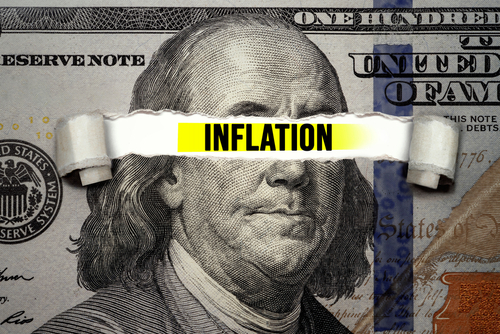Senate Finance Committee Republicans have forwarded correspondence to Congressional Budget Office Director Phillip Swagel, seeking information on how inflation impacts the federal budget.

“Increased inflation leads to more federal spending and more federal revenue,” the lawmakers wrote. “The added revenue stems partly, and unfortunately for taxpayers, from nominal inflationary gains that do not show up as purchasing-power-adjusted gains for federal taxpayers. The stealth-like nature of inflation taxes, and revenues that flow from them, should not be viewed as an economic plus.”
The legislators are asking the CBO to describe the budgetary effects of high inflation; inflation that persists; and higher interest rates resulting from high inflation and possible Federal Reserve responses to inflation.
“Adverse effects of inflation on the federal budget, including likely increased payments to service outstanding debt, absorb fiscal space and crowd out a host of national priorities, ranging from low-income support programs to national defense to disaster relief,” the legislators added.
A budget workbook on the CBO website suggests a persistent one percent inflation increase above CBO’s baseline projection made early last year could increase deficits by nearly $2.3 trillion over 10 years.
“And, according to the workbook, a one percent increase in interest rates above CBO’s baseline projection, beginning in 2022, could increase deficits by more than $2.1 trillion over a 10-year period,” the legislators concluded. “While those results are only approximations of what CBO would project using its broad set of economic and budget models, they are indicative of significant adverse budgetary effects amounting to trillions of taxpayer dollars arising from higher sustained inflation and interest rates moving forward.”